| Availability: | |
|---|---|
| Quantity: | |
| Place of Origin | China | Certification | ISO 9001: 2015 ROHS REACH |
| Brand Name | Honesun | Tolerance | 0.05mm |
| Model Number | Others, customized | Working Temperature | -40℃~80℃ |
| Type | Permanent | Delivery time | 3-15days |
| Composite | neodymium cup magnets | Package | customized |
| Shape | Hexagon neodymium cup magnets | Sample | Avaliable |
| Application | Industrial Magnet | Keyword | neodymium magnet |
| Processing Service | Cutting, Punching | Quality Control | ≥98% |
| Grade | N35-N52 | Packaging Details | 1:Standard air and vessel package 2:according to customers's request |
| Coating | Epoxy.Black Epoxy. Nickel.Silver.etc | Lead time (days) | To be negotiated |
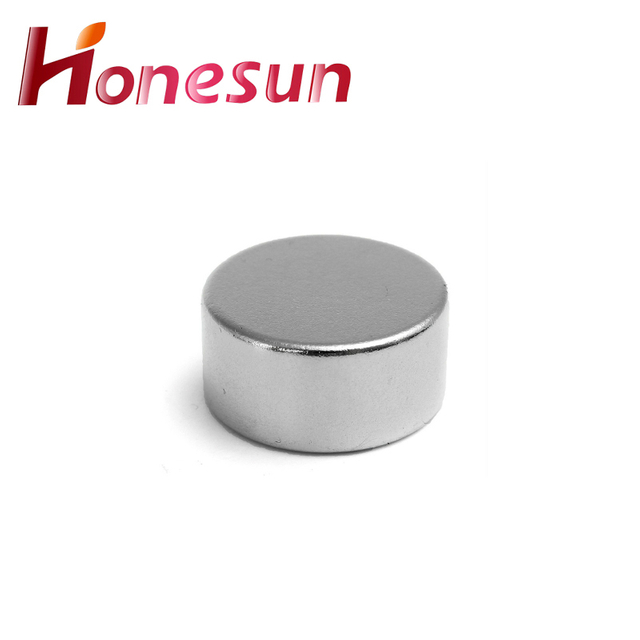
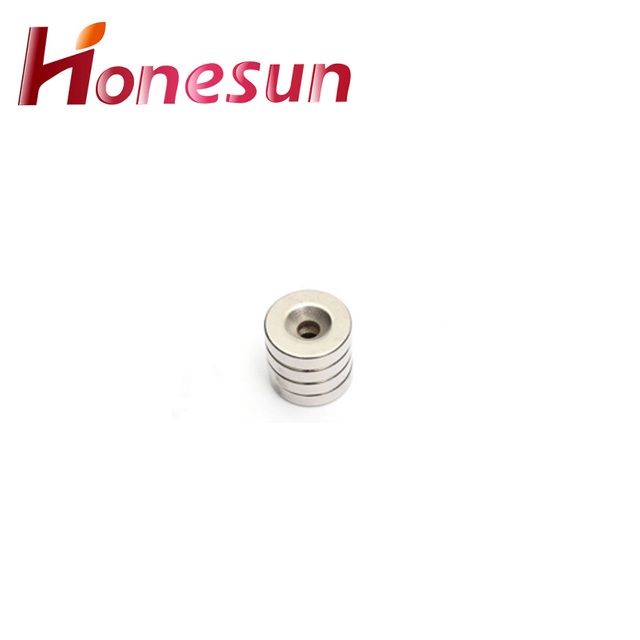
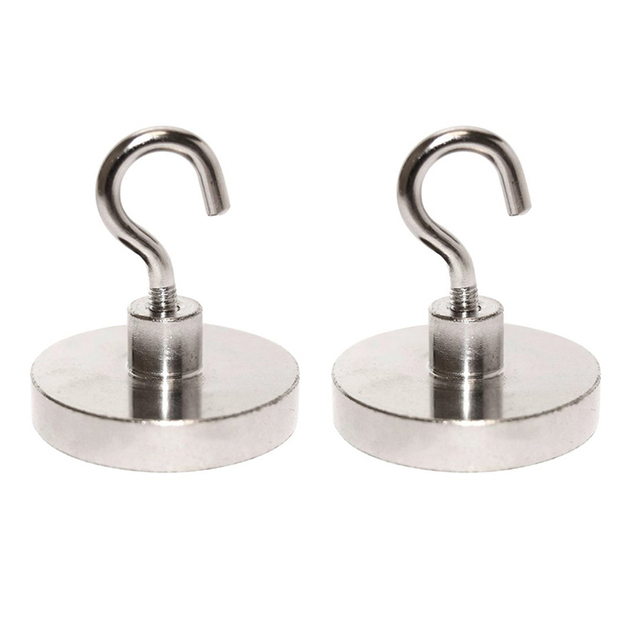
1.How are neodymium cup magnets used in the military?
Neodymium magnets are used in the military for a variety of applications. They are used in navigation systems, guidance systems, and sensors. They are also used in weapons systems, such as magnetic mines, and in the guidance systems of missiles and torpedoes. Neodymium magnets are also used in the construction of military vehicles, such as tanks and aircraft, to reduce their weight and improve their performance.
2.Can neodymium cup magnets be used for magnetic therapy?
No, neodymium magnets are not recommended for use in magnetic therapy. Neodymium magnets are very powerful and can cause tissue damage if used incorrectly. It is best to consult a qualified healthcare professional before using any type of magnetic therapy.
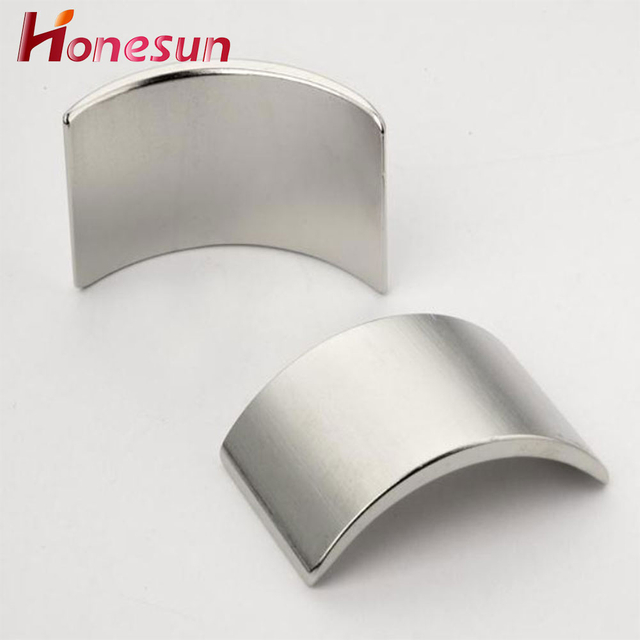
3.How are neodymium cup magnets used in motors and generators?
Our products & services cover a wide range of areas and meet the needs of different fields. Neodymium magnets are used in motors and generators to create a strong magnetic field. This magnetic field is used to create a force that can be used to turn a rotor or generate electricity. Neodymium magnets are also used in electric motors to create a strong magnetic field that can be used to turn a rotor. In generators, the magnets are used to create a strong magnetic field that can be used to generate electricity.
4.Can neodymium cup magnets be used in high-temperature environments?
Our neodymium cup magnets products undergo strict quality control to ensure customer satisfaction. No, neodymium magnets are not suitable for use in high-temperature environments. They can become permanently demagnetized if exposed to temperatures above their Curie temperature, which is typically around 80-200°C (176-392°F).
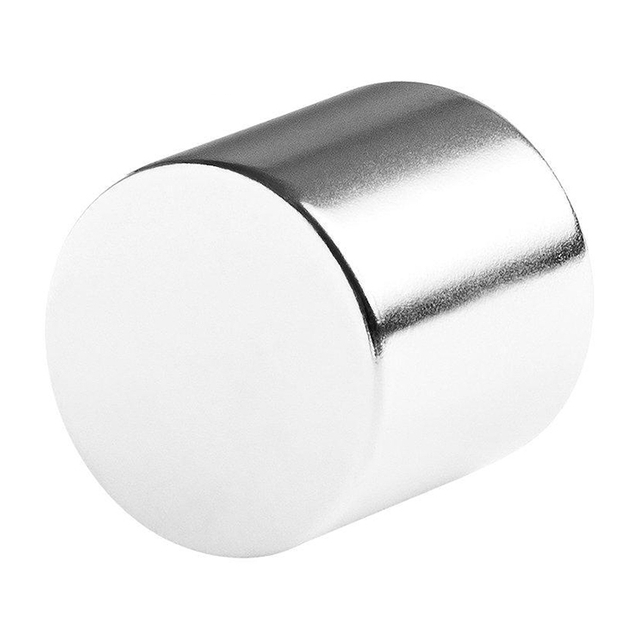
5.What role do neodymium cup magnets play in magnetic levitation technology?
We focus on our customers' needs and strive to meet their expectations, so we take this very seriously. Neodymium magnets are used in magnetic levitation technology to create a strong magnetic field that can suspend an object in mid-air. The magnets are arranged in a specific pattern to create a stable magnetic field that can support the weight of the object. The magnets are also used to control the movement of the object, allowing it to move in a specific direction or remain stationary.
6.How are neodymium cup magnets used in magnetic resonance imaging (MRI)?
Neodymium magnets are used in MRI machines to create a strong magnetic field that is used to align the hydrogen atoms in the body. This alignment allows the MRI machine to detect the signals from the hydrogen atoms and create detailed images of the body. The strong magnetic field also helps to reduce the amount of time it takes to acquire the images.
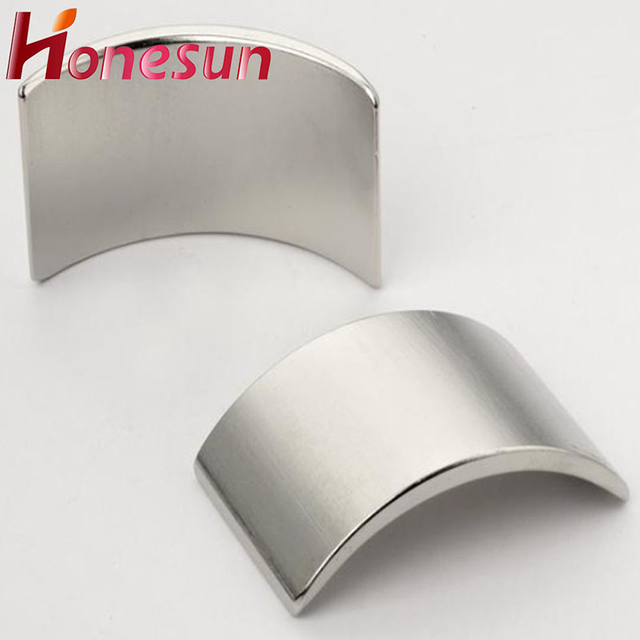
7.About neodymium cup magnets production management system
Neodymium magnets production management system is a software solution designed to help manufacturers of neodymium magnets manage their production processes. The system provides a comprehensive set of tools to help streamline production, from tracking orders and inventory to managing quality control and production scheduling. It also provides detailed reporting and analytics to help manufacturers make informed decisions about their production processes. The system is designed to be user-friendly and intuitive, allowing users to quickly and easily access the information they need.
8.Are there any ethical concerns regarding the use of neodymium cup magnets?
Yes, there are ethical concerns regarding the use of Neodymium Magnets. Neodymium magnets are powerful and can cause serious injury if swallowed. They can also interfere with medical devices such as pacemakers and defibrillators. Additionally, Neodymium magnets can be dangerous if used in the wrong way, such as when used to create a powerful magnetic field. Finally, Neodymium magnets can be hazardous to the environment if not disposed of properly.
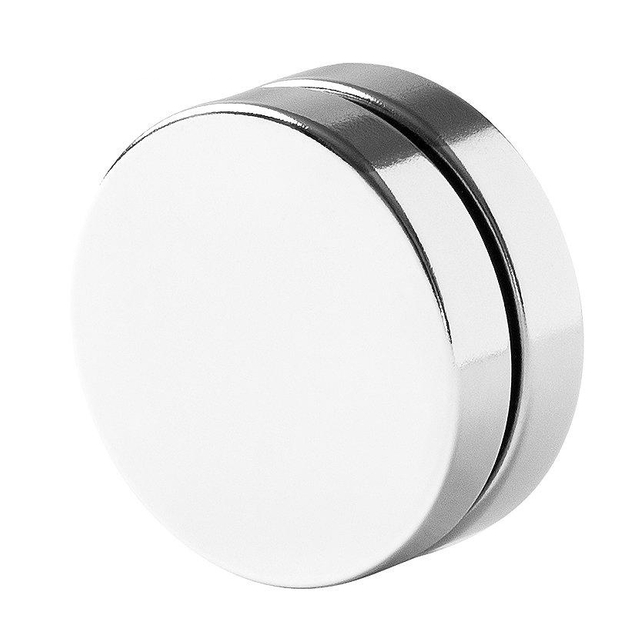
9.What types of coatings are used on neodymium cup magnets?
Our mission is to provide customers with the best solutions for neodymium cup magnets. Neodymium magnets are typically coated with a protective layer of nickel, copper, or zinc. Nickel plating provides the best corrosion resistance, while copper plating provides the best electrical conductivity. Zinc plating is the most economical option and provides good corrosion resistance.
10.Are neodymium cup magnets affected by extreme temperatures?
Yes, neodymium magnets can be affected by extreme temperatures. They can become brittle and crack if exposed to temperatures above 175°C (347°F). They can also lose their magnetism if exposed to temperatures below -45°C (-49°F).
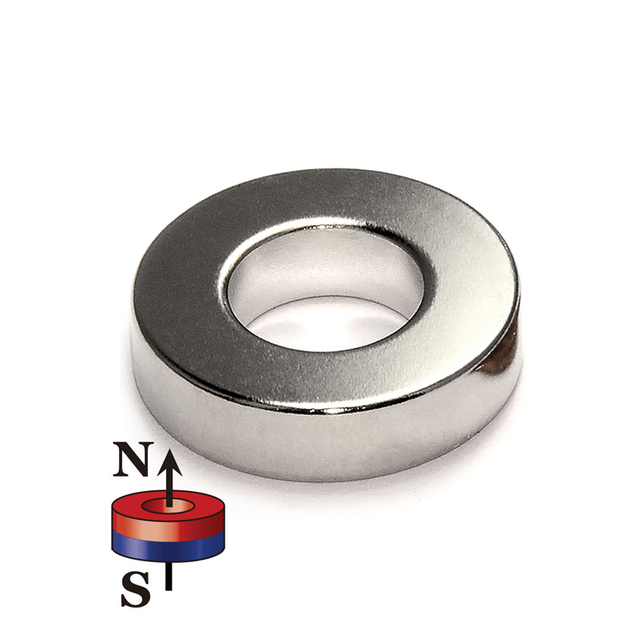
11.How do neodymium cup magnets compare to Samarium Cobalt Magnets?
neodymium cup magnets is not a product only, but also can help you comes to money-making. Neodymium magnets are the strongest type of permanent magnet available, and they are much stronger than samarium cobalt magnets. Neodymium magnets are also much more affordable than samarium cobalt magnets, making them the more popular choice for many applications. Neodymium magnets are also more resistant to corrosion and temperature changes than samarium cobalt magnets.
12.How do neodymium cup magnets affect electronic devices?
Being one of the top neodymium cup magnets manufacturers in China, We attach great importance to this detail. Neodymium magnets can affect electronic devices in a variety of ways. They can cause interference with the operation of the device, as the magnetic field can interfere with the operation of the device's internal components. They can also cause physical damage to the device, as the strong magnetic field can cause components to become magnetized and attract each other, potentially damaging the device. Finally, they can cause data loss, as the strong magnetic field can cause data stored on magnetic media to become corrupted or erased.
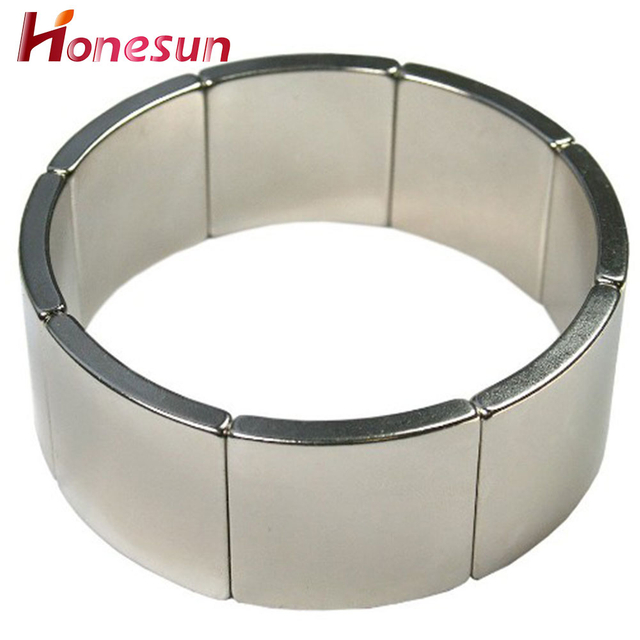
13.What advancements are being made in the recycling of neodymium cup magnets?
Recent advancements in the recycling of neodymium magnets include the development of new technologies that allow for the separation of neodymium from other metals in the magnet, such as iron and cobalt. This allows for the recovery of the neodymium for reuse in new magnets. Additionally, new methods of recycling neodymium magnets have been developed that involve crushing the magnets into a powder and then separating the neodymium from the other metals. This powder can then be used to create new magnets.
| Place of Origin | China | Certification | ISO 9001: 2015 ROHS REACH |
| Brand Name | Honesun | Tolerance | 0.05mm |
| Model Number | Others, customized | Working Temperature | -40℃~80℃ |
| Type | Permanent | Delivery time | 3-15days |
| Composite | neodymium cup magnets | Package | customized |
| Shape | Hexagon neodymium cup magnets | Sample | Avaliable |
| Application | Industrial Magnet | Keyword | neodymium magnet |
| Processing Service | Cutting, Punching | Quality Control | ≥98% |
| Grade | N35-N52 | Packaging Details | 1:Standard air and vessel package 2:according to customers's request |
| Coating | Epoxy.Black Epoxy. Nickel.Silver.etc | Lead time (days) | To be negotiated |



1.How are neodymium cup magnets used in the military?
Neodymium magnets are used in the military for a variety of applications. They are used in navigation systems, guidance systems, and sensors. They are also used in weapons systems, such as magnetic mines, and in the guidance systems of missiles and torpedoes. Neodymium magnets are also used in the construction of military vehicles, such as tanks and aircraft, to reduce their weight and improve their performance.
2.Can neodymium cup magnets be used for magnetic therapy?
No, neodymium magnets are not recommended for use in magnetic therapy. Neodymium magnets are very powerful and can cause tissue damage if used incorrectly. It is best to consult a qualified healthcare professional before using any type of magnetic therapy.

3.How are neodymium cup magnets used in motors and generators?
Our products & services cover a wide range of areas and meet the needs of different fields. Neodymium magnets are used in motors and generators to create a strong magnetic field. This magnetic field is used to create a force that can be used to turn a rotor or generate electricity. Neodymium magnets are also used in electric motors to create a strong magnetic field that can be used to turn a rotor. In generators, the magnets are used to create a strong magnetic field that can be used to generate electricity.
4.Can neodymium cup magnets be used in high-temperature environments?
Our neodymium cup magnets products undergo strict quality control to ensure customer satisfaction. No, neodymium magnets are not suitable for use in high-temperature environments. They can become permanently demagnetized if exposed to temperatures above their Curie temperature, which is typically around 80-200°C (176-392°F).

5.What role do neodymium cup magnets play in magnetic levitation technology?
We focus on our customers' needs and strive to meet their expectations, so we take this very seriously. Neodymium magnets are used in magnetic levitation technology to create a strong magnetic field that can suspend an object in mid-air. The magnets are arranged in a specific pattern to create a stable magnetic field that can support the weight of the object. The magnets are also used to control the movement of the object, allowing it to move in a specific direction or remain stationary.
6.How are neodymium cup magnets used in magnetic resonance imaging (MRI)?
Neodymium magnets are used in MRI machines to create a strong magnetic field that is used to align the hydrogen atoms in the body. This alignment allows the MRI machine to detect the signals from the hydrogen atoms and create detailed images of the body. The strong magnetic field also helps to reduce the amount of time it takes to acquire the images.

7.About neodymium cup magnets production management system
Neodymium magnets production management system is a software solution designed to help manufacturers of neodymium magnets manage their production processes. The system provides a comprehensive set of tools to help streamline production, from tracking orders and inventory to managing quality control and production scheduling. It also provides detailed reporting and analytics to help manufacturers make informed decisions about their production processes. The system is designed to be user-friendly and intuitive, allowing users to quickly and easily access the information they need.
8.Are there any ethical concerns regarding the use of neodymium cup magnets?
Yes, there are ethical concerns regarding the use of Neodymium Magnets. Neodymium magnets are powerful and can cause serious injury if swallowed. They can also interfere with medical devices such as pacemakers and defibrillators. Additionally, Neodymium magnets can be dangerous if used in the wrong way, such as when used to create a powerful magnetic field. Finally, Neodymium magnets can be hazardous to the environment if not disposed of properly.

9.What types of coatings are used on neodymium cup magnets?
Our mission is to provide customers with the best solutions for neodymium cup magnets. Neodymium magnets are typically coated with a protective layer of nickel, copper, or zinc. Nickel plating provides the best corrosion resistance, while copper plating provides the best electrical conductivity. Zinc plating is the most economical option and provides good corrosion resistance.
10.Are neodymium cup magnets affected by extreme temperatures?
Yes, neodymium magnets can be affected by extreme temperatures. They can become brittle and crack if exposed to temperatures above 175°C (347°F). They can also lose their magnetism if exposed to temperatures below -45°C (-49°F).

11.How do neodymium cup magnets compare to Samarium Cobalt Magnets?
neodymium cup magnets is not a product only, but also can help you comes to money-making. Neodymium magnets are the strongest type of permanent magnet available, and they are much stronger than samarium cobalt magnets. Neodymium magnets are also much more affordable than samarium cobalt magnets, making them the more popular choice for many applications. Neodymium magnets are also more resistant to corrosion and temperature changes than samarium cobalt magnets.
12.How do neodymium cup magnets affect electronic devices?
Being one of the top neodymium cup magnets manufacturers in China, We attach great importance to this detail. Neodymium magnets can affect electronic devices in a variety of ways. They can cause interference with the operation of the device, as the magnetic field can interfere with the operation of the device's internal components. They can also cause physical damage to the device, as the strong magnetic field can cause components to become magnetized and attract each other, potentially damaging the device. Finally, they can cause data loss, as the strong magnetic field can cause data stored on magnetic media to become corrupted or erased.

13.What advancements are being made in the recycling of neodymium cup magnets?
Recent advancements in the recycling of neodymium magnets include the development of new technologies that allow for the separation of neodymium from other metals in the magnet, such as iron and cobalt. This allows for the recovery of the neodymium for reuse in new magnets. Additionally, new methods of recycling neodymium magnets have been developed that involve crushing the magnets into a powder and then separating the neodymium from the other metals. This powder can then be used to create new magnets.
Honesun Industrial Co., Ltd. focuses on designing, researching, developing, manufacturing and selling Magnets and Magnetic Assemblies. With more than 15 years' rich experience and considerate services.we have been recognized as a reliable.



